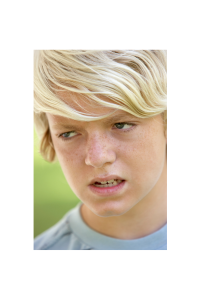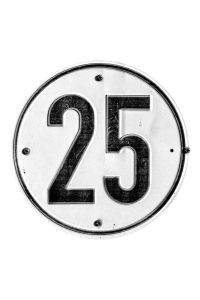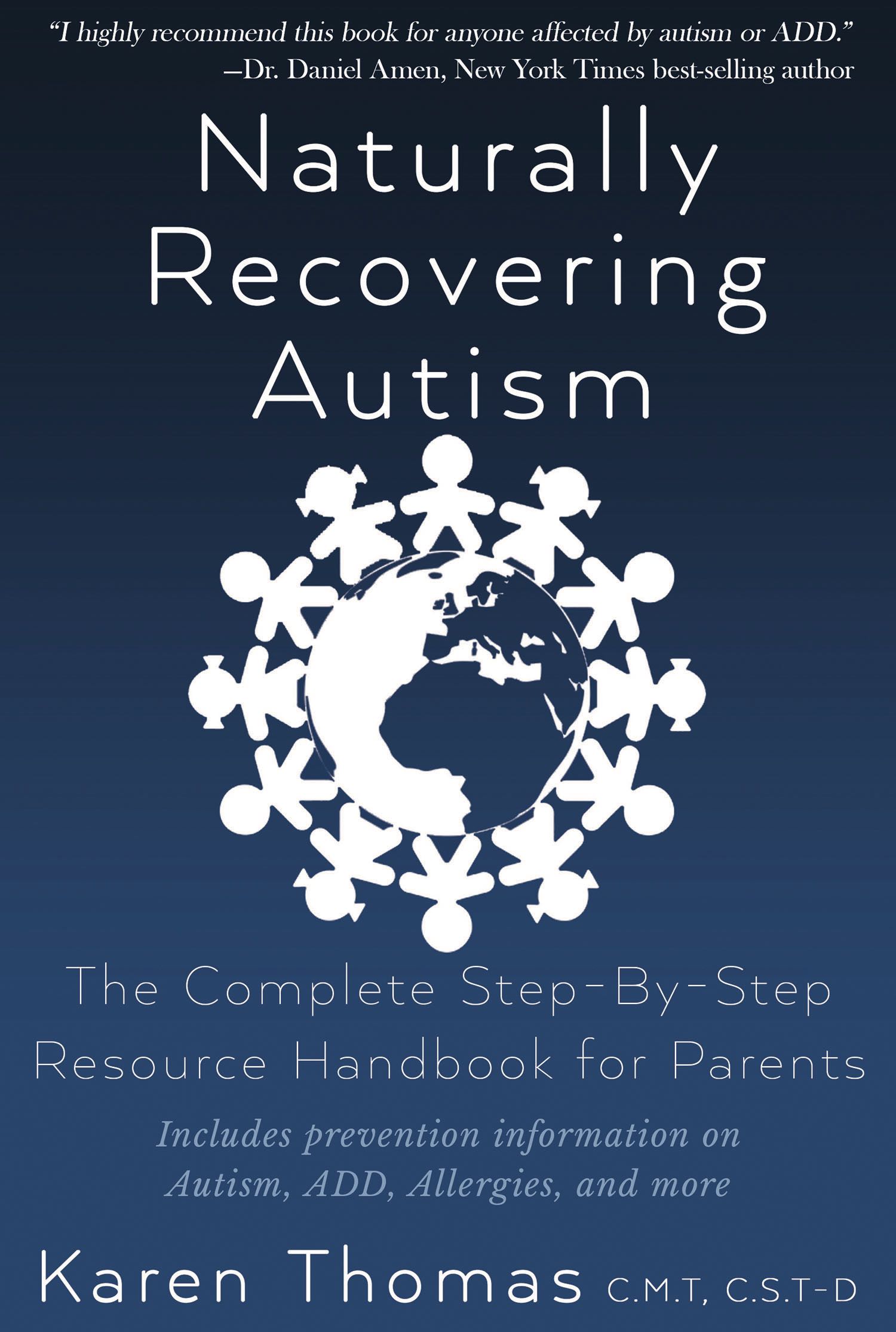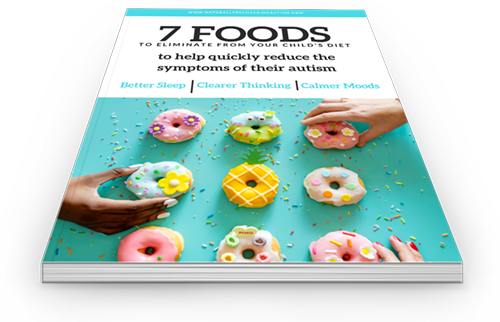Is It Autism or Is It Puberty?
Behaviors of autism can mimic behavior during puberty. After doing much of the work to recover my son from his symptoms of autism, including oppositional defiance disorder, he had been doing well in school, with friends, and life was moving along pretty smoothly. His oppositional defiance disorder, anxiety, and irritable behaviors had almost disappeared, but then suddenly, without warning they returned. What had happened? 
What happened was that he turned fourteen years old and his hormones took over his brain. His cooperative behavior turned surly. He went from getting A’s and B’s to barely passing his classes because he just didn’t care. We met with his teachers once a week and assumed something may have re-triggered his autistic behaviors.
I soon became aware that many of his friends who had never been diagnosed on the autism spectrum were exhibiting the same behaviors. Their mothers, friends of mine, talked about their concerns that their boys were not doing their work and just didn’t care. At home they too had become aloof and rude toward their parents. It wasn’t autism. It was puberty.
Testosterone
Although it may have seemed like symptoms of autism to us I know now that it was hormones affecting his brain. In the ages between nine and fifteen the male brain is literally flooded with the male hormone testosterone. Although females produce some testosterone it is the males who produce it tenfold during puberty. The dangerous effects of the heavy metal toxin mercury are worsened by testosterone. This increases mercury’s detriment on the brain causing more extreme symptoms. Heavy metal detoxification is imperative.
Biologically, the hormone testosterone is involved in the development of male sex organs, voice deepening, and increased facial and body hair. It also plays a role in sex drive, sperm production, fat distribution, red cell production, and maintenance of muscle strength and mass, according to the Mayo Clinic. For these reasons, testosterone is associated with overall health and well-being in men(1).
Vasopressin
The hormone vasopressin is made in the brains of both males and females. It affects social and sexual behavior, aggression, an increase in the need for territorial protection, competitive behavior, and cognition. The presence of testosterone greatly enhances the affects of vasopressin. During the teen years and throughout puberty when the level of testosterone rises vastly the two hormones combined create enhanced behavioral aspects such as a need for separation, assertion, risk taking, anxiety, inability to concentrate, and even violent behavior.
Testosterone and its companion vasopressin together make the brain sensitive to any remarks, even those not negatively intended, and to become territorial over his room and personal belongings. This can also lead to aggressive behavior as the brain is prepared for battle. Instinctual tribal tendencies lead the teen male to believe he must learn to fight or retrieve in flight in almost all situations of “perceived” threats(2).
Brain Development: The light at the end of the tunnel
The brain does not stabilize until the early to mid twenties. For those parents worried that their teen or early twenties son will never “get it together” there is hope, but it does take time. The part of the brain called the pre-frontal cortex (PFC) which is responsible  for organization, planning, and awareness of consequences for his actions does
for organization, planning, and awareness of consequences for his actions does
not fully develop until the age of twenty-five. The military is very aware of this. It is why they like to recruit young males. They know they will take many risks.
The PFC is also responsible for attention. It can be difficult to get the attention of a male teen or get him to do anything at all. They’re not just trying to be difficult. This is also why it is so challenging to get him to do his homework. Boredom comes very quickly. It can be hard for a male teen to be excited about anything. The reward must be great enough override the flood of testosterone and vasopressin literally dulling their senses. Contrarily, they may seem like they don’t care what people think, but they really do. Saving face is everything at this age.
What can help?
Natural supplements can help. The supplement SAMe (S-adenosyl methionine) helps tremendously with motivation and uplifting feelings. He also needed additional 5-HTP to build more of the neurotransmitter serotonin to assist with the “pick me up” that the PFC so desperately needed. The PFC needs a lot of serotonin. The amino acid L-tyrosine helped to keep his focus and impulsive behavior in balance along with the mellowing from the 5HTP. High dosages of the essential fatty acids or omega 3’s were crucial in keeping his brain functioning properly, protecting it from toxins and inflammation, and also giving the brain the ability to focus and help to get things done.
A child’s pubescent years can be a frustrating time for parents, but it is difficult for the kids too. Finding rewards that motivate them, the right supplements to assist during these years, a healthy diet, aerobic exercise, and plenty of sleep can help a lot. Let them sleep as late as they need to on weekends and holidays. They are not being lazy. Teenagers actually need more sleep during these years, but are forced to get up early all week for school. For parents…patience is a virtue.
Resources:
(1)http://www.livescience.com/38963-testosterone.html
(2)The Male Brain, by Louann Brizendine. I highly recommend this book!
Follow me on Facebook!
For more details on natural supplementation for the brain read, Naturally Recovering Autism: The Complete Step-By-Step Resource Handbook for Parents by Karen Thomas. 
This is for informational purposes only and and is not meant to diagnose, treat or prevent any illness.











